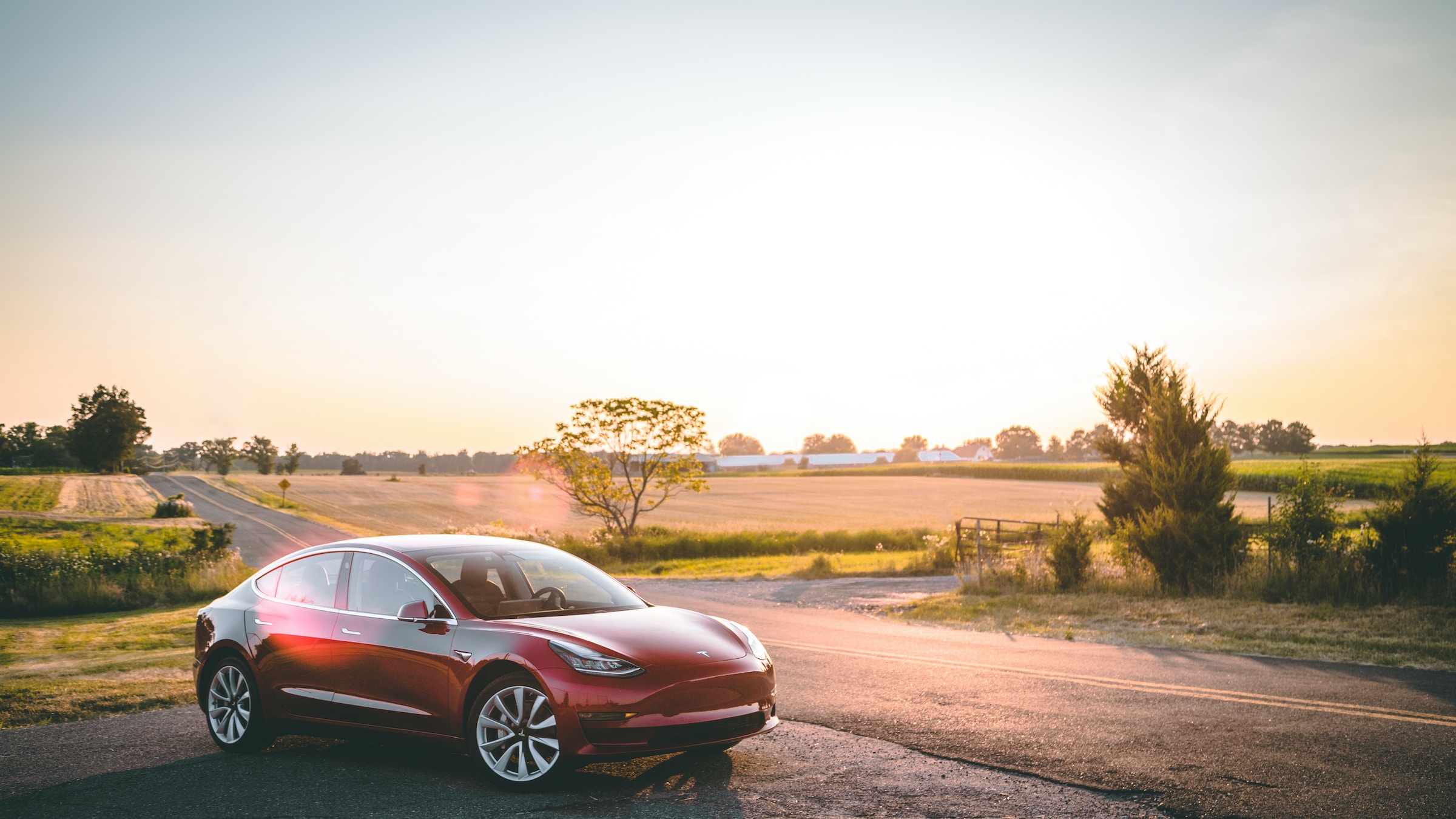Despite a 10.7% overall surge in South Korean car sales, foreign giants Tesla Inc. and Mercedes-Benz have seen a significant dip in their market share. The first half of 2023 witnessed their sales dwindle, especially in the electric vehicle (EV) segment, whereas domestic automakers Hyundai and Kia thrived.
The decrease in the foreign brands' market share was the first in four years, primarily due to dwindling electric vehicle (EV) sales. Conversely, South Korean car manufacturers, such as Hyundai Motor Co.'s IONIQ 5 and IONIQ 6, along with Kia Corp.'s EV6, outperformed their international competitors in the EV segment.
During this period, the country observed a noteworthy growth of 10.7% in total car sales, with 893,737 units sold. However, sales of imported cars declined by 3.1%, amounting to 134,414 units. Regarding newly registered cars, the market share of foreign automakers decreased by 2.5 percentage points to 15.3% in the first half.
Tesla Inc. faced a sharp decline of 44.7% in car sales, triggered by waning interest in its flagship Model 3. Meanwhile, Mercedes-Benz experienced a drop in sales due to shipment delays and anticipation of the launch of the E-Class facelift, Korea's most sought-after imported car model. The German automaker's Korean sales declined by 9.6% in the first half.
The percentage of imported EVs also significantly decreased, falling from 35.9% in 2020 to 19.5% by the end of June 2022.
Notably, South Korean car manufacturers monopolized the top seven spots for the most popular newly registered EV models in the year's first half, with Tesla's Model Y ranking eighth.
Furthermore, by the end of June, the country's cumulative number of registered EVs rose by 19.3% compared to 2022, totaling 465,000 units. This half-year period recorded the most substantial percentage leap among all vehicle segments.
In a positive development, Tesla introduced its Model Y rear-wheel drive car to the South Korean market, sold for 56.99 million won ($45,139). This price range qualifies the vehicles for the highest level of government subsidies. With a driving range of 350 kilometers (217.48 miles) and a top speed of approximately 217 km per hour, deliveries for the Model Y are scheduled for August to September.
Local media reports suggest that the Tesla Model Y cars sold in South Korea are produced in China. A tweet by Tesla Korea showcasing the sale featured a video of cars being manufactured at their Gigafactory in Shanghai and being shipped.
This latest data underscores the dynamic landscape of the automotive industry in South Korea, highlighting both the challenges faced by foreign automakers and the growing dominance of their South Korean counterparts in the EV market.
Photo: Vlad Tchompalov/Unsplash



 The Beauty Beneath the Expressway: A Journey from Self to Service
The Beauty Beneath the Expressway: A Journey from Self to Service  Global Markets Slide as AI, Crypto, and Precious Metals Face Heightened Volatility
Global Markets Slide as AI, Crypto, and Precious Metals Face Heightened Volatility  Gold and Silver Prices Climb in Asian Trade as Markets Eye Key U.S. Economic Data
Gold and Silver Prices Climb in Asian Trade as Markets Eye Key U.S. Economic Data  The pandemic is still disrupting young people’s careers
The pandemic is still disrupting young people’s careers  Global PC Makers Eye Chinese Memory Chip Suppliers Amid Ongoing Supply Crunch
Global PC Makers Eye Chinese Memory Chip Suppliers Amid Ongoing Supply Crunch  RBI Holds Repo Rate at 5.25% as India’s Growth Outlook Strengthens After U.S. Trade Deal
RBI Holds Repo Rate at 5.25% as India’s Growth Outlook Strengthens After U.S. Trade Deal  Asian Currencies Stay Rangebound as Yen Firms on Intervention Talk
Asian Currencies Stay Rangebound as Yen Firms on Intervention Talk  How to support someone who is grieving: five research-backed strategies
How to support someone who is grieving: five research-backed strategies  Russian Stocks End Mixed as MOEX Index Closes Flat Amid Commodity Strength
Russian Stocks End Mixed as MOEX Index Closes Flat Amid Commodity Strength  Missouri Judge Dismisses Lawsuit Challenging Starbucks’ Diversity and Inclusion Policies
Missouri Judge Dismisses Lawsuit Challenging Starbucks’ Diversity and Inclusion Policies  Debate over H-1B visas shines spotlight on US tech worker shortages
Debate over H-1B visas shines spotlight on US tech worker shortages  SpaceX Pushes for Early Stock Index Inclusion Ahead of Potential Record-Breaking IPO
SpaceX Pushes for Early Stock Index Inclusion Ahead of Potential Record-Breaking IPO  South Africa Eyes ECB Repo Lines as Inflation Eases and Rate Cuts Loom
South Africa Eyes ECB Repo Lines as Inflation Eases and Rate Cuts Loom  Why financial hardship is more likely if you’re disabled or sick
Why financial hardship is more likely if you’re disabled or sick 































